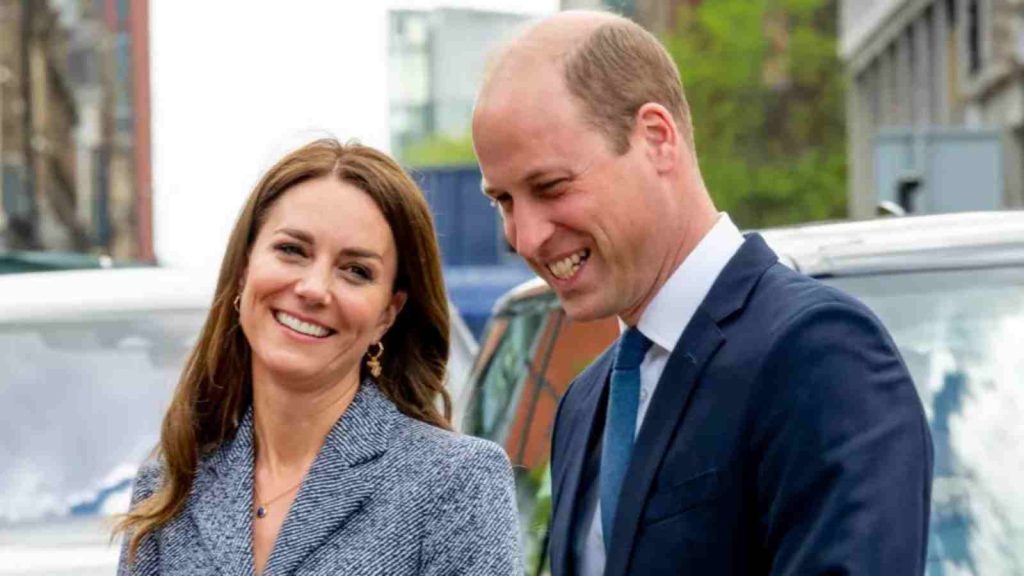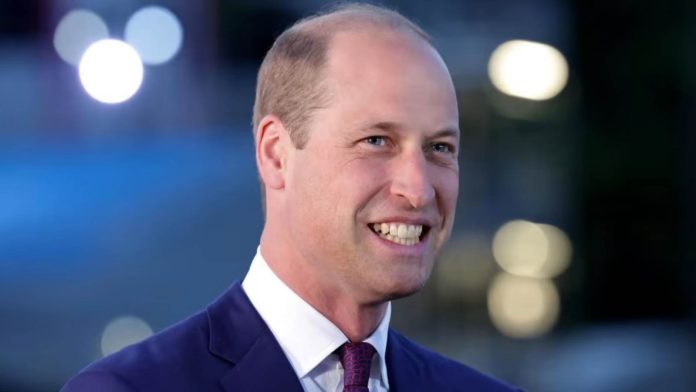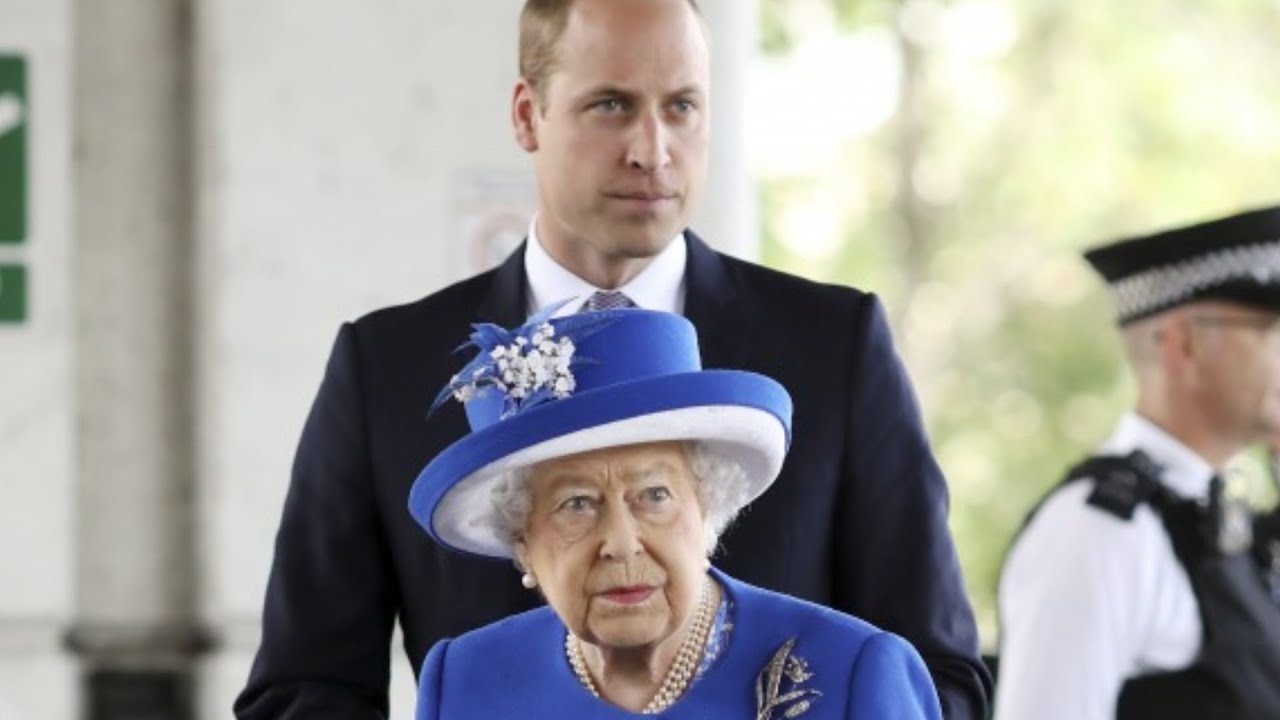Queen Elizabeth II, who ruled Britain for 70 years, passed away at the age of 96 on September 8, 2022. Her death marks the beginning of a new era for the royal family. The members have undergone title changes and a major shift has been witnessed as King Charles III took the throne. His son, Prince William, has also accepted changes in his position and possessions.
William has now become the Prince of Wales. He was also announced as the Duke of Cornwall – a title that’s reserved for the eldest son of the reigning monarch. Apart from these changes, he has inherited a billion-dollar estate. Here’s everything about it.
Read More: What Was Queen Elizabeth II’s Source Of Income? Who Paid For Her Royal Lifestyle?
Prince William Inherits Massive Duchy Of Cornwall Estate Due To A Medieval Rule

As King Charles ascended the throne after the death of his mother, Queen Elizabeth II, a sea change took place in the British monarchy. His earlier title of Duke of Cornwall was passed on to his son, Prince William, who also inherited the Duchy of Cornwall estate. It is valued at more than £1 billion ($1.2 billion). The Duchy of Cornwall is a 52,449-hectare estate and 685 years old.
All this was possible due to medieval rule. The private estate was established in 1337 by Edward III, who was a medieval king. His aim was “to provide independence to his son and heir.” The rule states that every future Duke of Cornwall would own the estate, but has to be the eldest surviving son of the monarch. Hence, Prince William now has a humungous fortune.
Read More: King Charles Net Worth 2022: How Wealthy Is The British Monarch?
Perks Of The Estate

The best part for the owner of the estate is that the revenue generated from resources including farms and property rentals are completely his. The estate is also exempted from taxes. So, Prince William can spend the wealth as he wants to and he won’t have to answer to anyone.
It generated an income of more than £20 million ($23 million) for then Prince Charles last year. It will certainly be very lucrative for Prince William. Charles apparently chose “to use a substantial proportion of his income from the Duchy to meet the cost of his public and charitable work as well as the public and private lives of his immediate family,” read the official statement.
However, due to heavy criticism over the exemption of corporate and capital taxes, Charles voluntarily paid the top rate of 45% income tax on his wealth gained from the Duchy of Cornwall estate.
Read more: How Old Was Queen Elizabeth II When She Ascended The British Throne?






